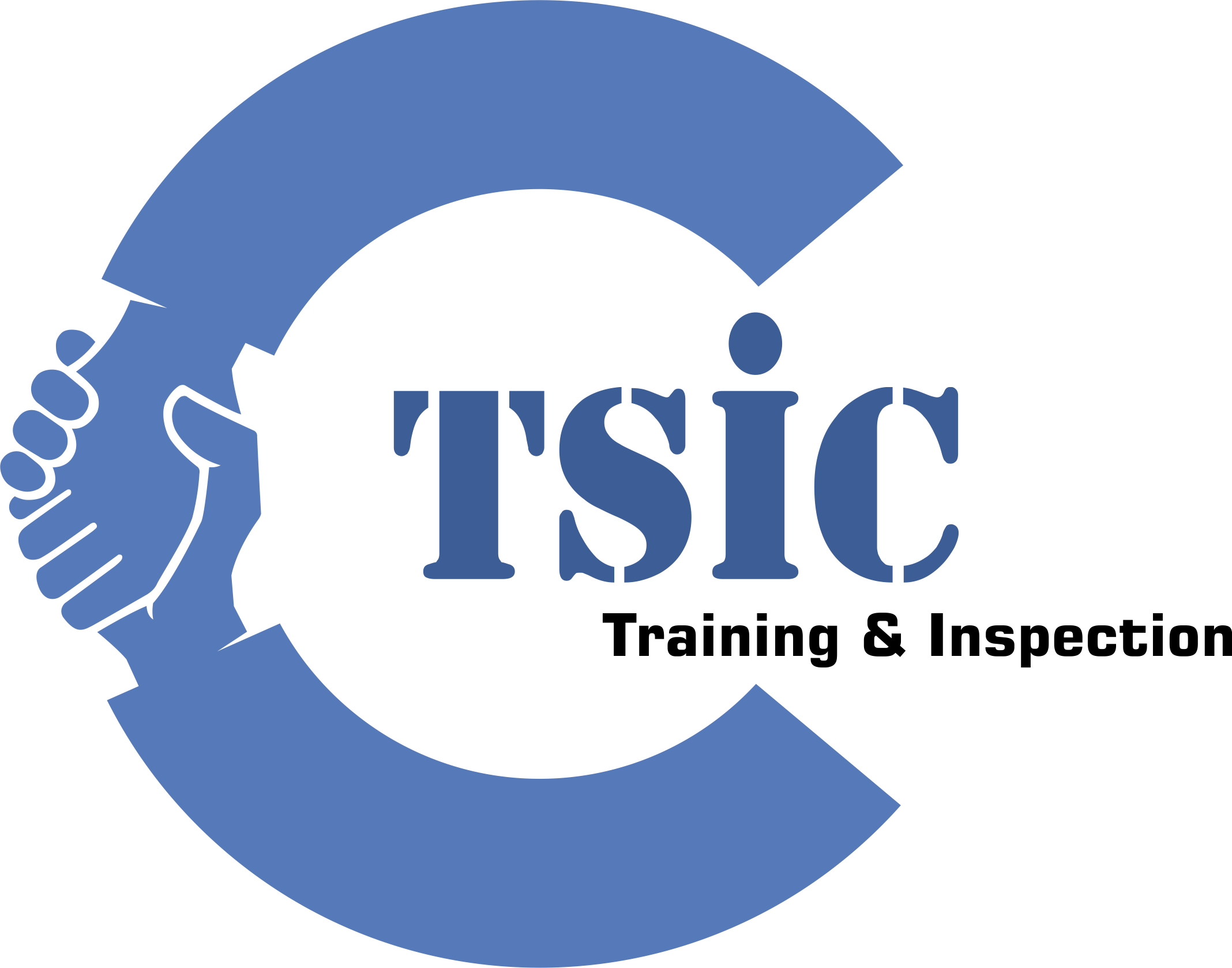
SSRIs and SNRIs affect chemicals in the body called serotonin and norepinephrine. These chemicals help platelets group together to form blood clots. By affecting serotonin and norepinephrine, SSRIs and SNRIs can prevent platelets from grouping together. NSAIDs can https://ecosoberhouse.com/ prevent platelets (a type of red blood cell) from clumping together to form blood clots. By affecting the process that helps blood clots form, NSAIDs can also increase your risk of bleeding. However, both alcohol and Eliquis can increase your risk of bleeding.
- (The two substances may prevent blood from clotting.) This means that drinking alcohol while taking Eliquis could increase your risk of bleeding further.
- These include warfarin (Jantoven), rivaroxaban (Xarelto) and enoxaparin (Lovenox).
- It’s thought that cannabis can increase your risk of serious bleeding.
- And to prevent DVT or PE after surgery, you’ll take it for a shorter time.
How does alcohol consumption affect my high cholesterol or risk of other cardiovascular issues?
There are no adequate studies in women for determining infant risk when using this medication during breastfeeding. Weigh the potential benefits against the potential risks before taking this medication while breastfeeding. Appropriate studies performed to date have not demonstrated geriatric-specific problems that would limit the usefulness of apixaban in the elderly. Find out more about the side effects of some recreational drugs on the Frank website. Talk to your doctor if you think you might use recreational drugs while taking apixaban.
What To Avoid When Taking a Blood Thinner
- For example, Eliquis only needs to be taken for 12 days after a knee replacement, because after this the risk of a blood clot is much lower.
- These issues can lead to a blood clot forming in a vein in your leg.
- This can include setting an alarm on your phone or downloading a reminder app.
This heightened risk of bleeding can be quite dangerous, potentially escalating minor injuries into severe bleeding events. Alcohol can also interfere with the efficiency of Eliquis. Doxycycline is an antibiotic used to treat certain infections. While Eliquis does not interact with this drug, it may interact with other antibiotics. If you have questions about antibiotics that interact with Eliquis, ask your doctor or pharmacist.

Eliquis and surgery

Pumping blood more efficiently into relaxed blood vessels helps your heart work better if it’s damaged or affected by other conditions. It makes your blood flow through your veins more easily, which beer and eliquis means your blood is less likely to make blood clots. Certain medicines should not be used at or around the time of eating food or eating certain types of food since interactions may occur.

Most popular in Drugs
Eliquis is used to help prevent or treat blood clots in certain situations. Therefore, it’s possible that taking Eliquis with testosterone could make Eliquis less effective than usual. Thrombolytics are typically used in emergency situations, such as dissolving a blood clot that’s affecting the brain or heart. Eliquis (apixaban) is a brand-name oral tablet that’s prescribed for treating or preventing blood clots in certain situations.
It’s relatively safe to consume alcohol as long as you’re in good overall health and have confirmed with a healthcare professional. Eliquis starts working within 3 to 4 hours after you take your first dose. However, you need to take it twice every day to make sure there’s always enough medication in your body to help stop blood clots from forming.
How dangerous is it to drink alcohol if I’m on a blood thinner?

It may reduce your risk for Graves’ disease, the most common type of hyperthyroidism. If you drink alcohol while taking a beta-blocker, your blood pressure could potentially drop too low. This can cause symptoms including dizziness, nausea, and fainting. Tell your doctor if you have ever had any unusual or allergic reaction to this medicine or any other medicines. Also tell your health care professional if you have any other types of allergies, such as to foods, dyes, preservatives, or animals.
